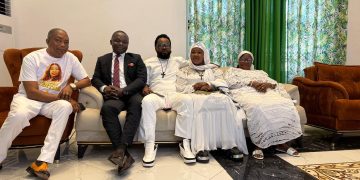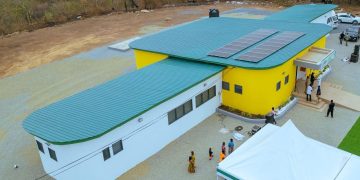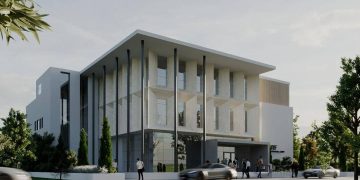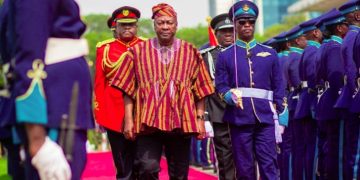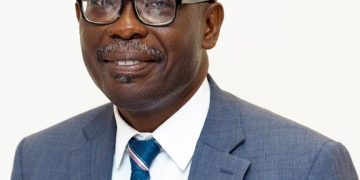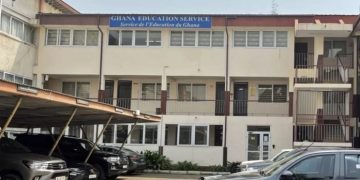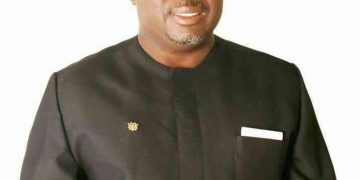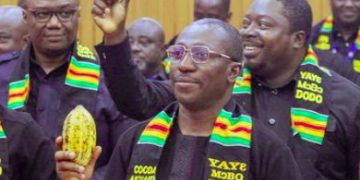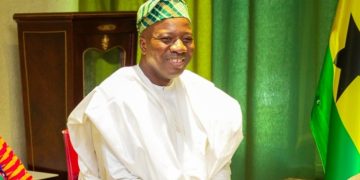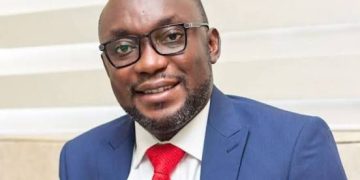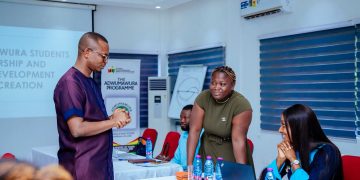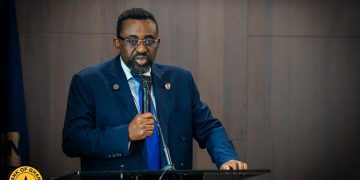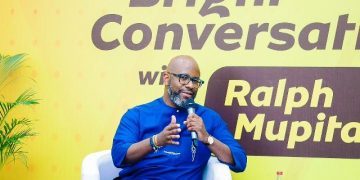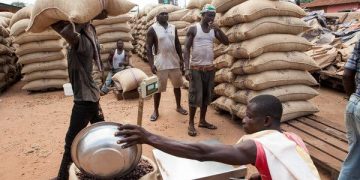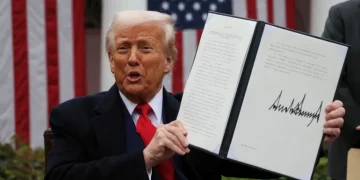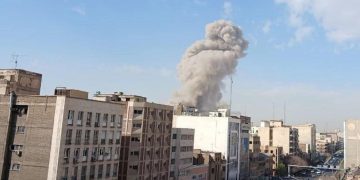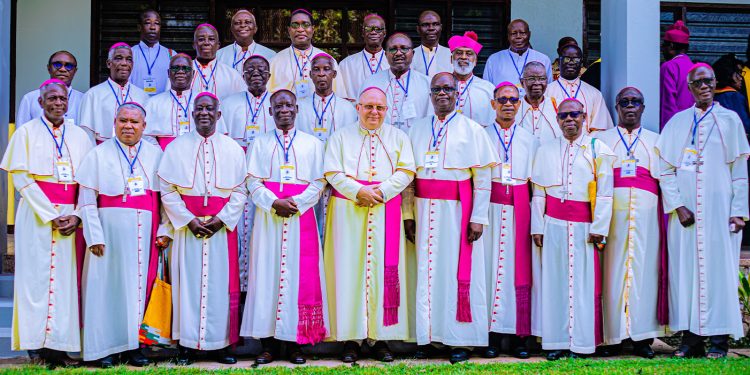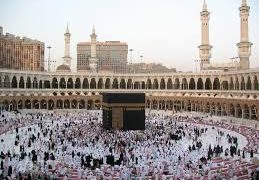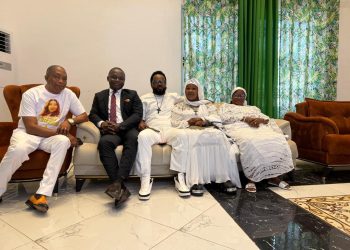The Ghana Catholic Bishops Conference has sounded a powerful alarm over the rise of hateful political rhetoric, ethnocentrism, and inflammatory speech across Ghana, warning that these trends are pushing the country toward instability.
In their communiqué issued at the end of the 2025 Plenary Assembly, the bishops said that Ghana’s cherished peace is under genuine threat if political leaders, media actors, and citizens do not immediately exercise restraint and uphold civility.
The Conference described the events surrounding the recent electoral period as deeply worrying. According to their assessment, political competition increasingly took the form of hostile confrontations accompanied by violence, arson, and destruction of property.
The bishops wrote, “We note with grave concern the escalating use of inflammatory, divisive, and sometimes hateful rhetoric in our public discourse, particularly during the recent electoral period where healthy political competition tragically degenerated into violence, arson, and wanton destruction that threatened the fragile fabric of our national unity.”
They added that political actors at all levels now appear too willing to exploit ethnic identities for electoral gain, a trend they described as dangerous and un-Ghanaian. The bishops stated, “The increasing ethnocentrism in our nation grieves the heart of God who created all people in his own image and likeness and who delights in our beautiful cultural diversity.” They reminded the nation that ethnic manipulation has caused devastating conflict and genocide in parts of Africa and must not be allowed to take root in Ghana.
The Conference cited several ongoing conflicts as evidence of the growing fractures in national unity. The long-standing conflict in Bawku has claimed over 300 lives and displaced more than 30,000 residents. Schooling and economic activity have been severely disrupted. The bishops also referenced the Gbiniyiri conflict, which in August 2025 resulted in at least 31 deaths and temporarily displaced more than 48,000 people. They noted that violence in Kalba, Bole, and Nkwanta South further demonstrates how deeply rooted grievances can flare into destructive confrontations.
To address these tensions, the bishops called for a sincere national conversation on identity, citizenship, and belonging. They urged political parties, civil society, traditional authorities, and the media to lead the way in promoting a narrative of shared destiny rather than division. The Conference emphasised that Ghana’s unity depends on recognising the equal dignity of all citizens regardless of ethnic or political background.
The bishops implored all citizens to use speech responsibly, saying, “We earnestly implore all citizens, particularly political leaders, traditional authorities, and media personalities, to exercise maximum restraint, maturity, and responsibility in speech.” They warned that irresponsible speech can trigger violence that spirals beyond control, especially in areas already prone to conflict.
The Conference stressed that peace cannot be assumed but must be cultivated daily through dialogue, reconciliation, and mutual respect. They applauded ongoing peace-building efforts by traditional leaders, government institutions, religious bodies, and community organisations. However, they warned that sustainable peace requires more than occasional interventions. It demands a culture of listening, empathy, and commitment to justice.
The communiqué also highlighted the need to confront the entrenched winner-takes-all political culture in Ghana. According to the bishops, this political mindset fuels hostility and exclusion, as appointments to public office are often judged through partisan lenses rather than competence. They wrote that intolerance for opposing views harms democracy and weakens nation-building. The bishops called for political inclusivity and respect for dissent, saying that disagreements should lead to dialogue rather than exclusion.
The bishops reminded the nation that democracy is not only about winning elections. It is about fostering a political environment where every citizen is treated as a partner in the project of national development. They said that Ghana must strengthen its collective identity while celebrating its cultural diversity, which has long been a source of pride and unity.
In concluding their message, they pledged that the Church will continue to promote peace through conscience formation, dialogue, and collaboration with state institutions and traditional authorities. The communiqué was signed by Most Rev. Matthew Kwasi Gyamfi, President of the Ghana Catholic Bishops Conference.
Source: www.kumasimail.com


